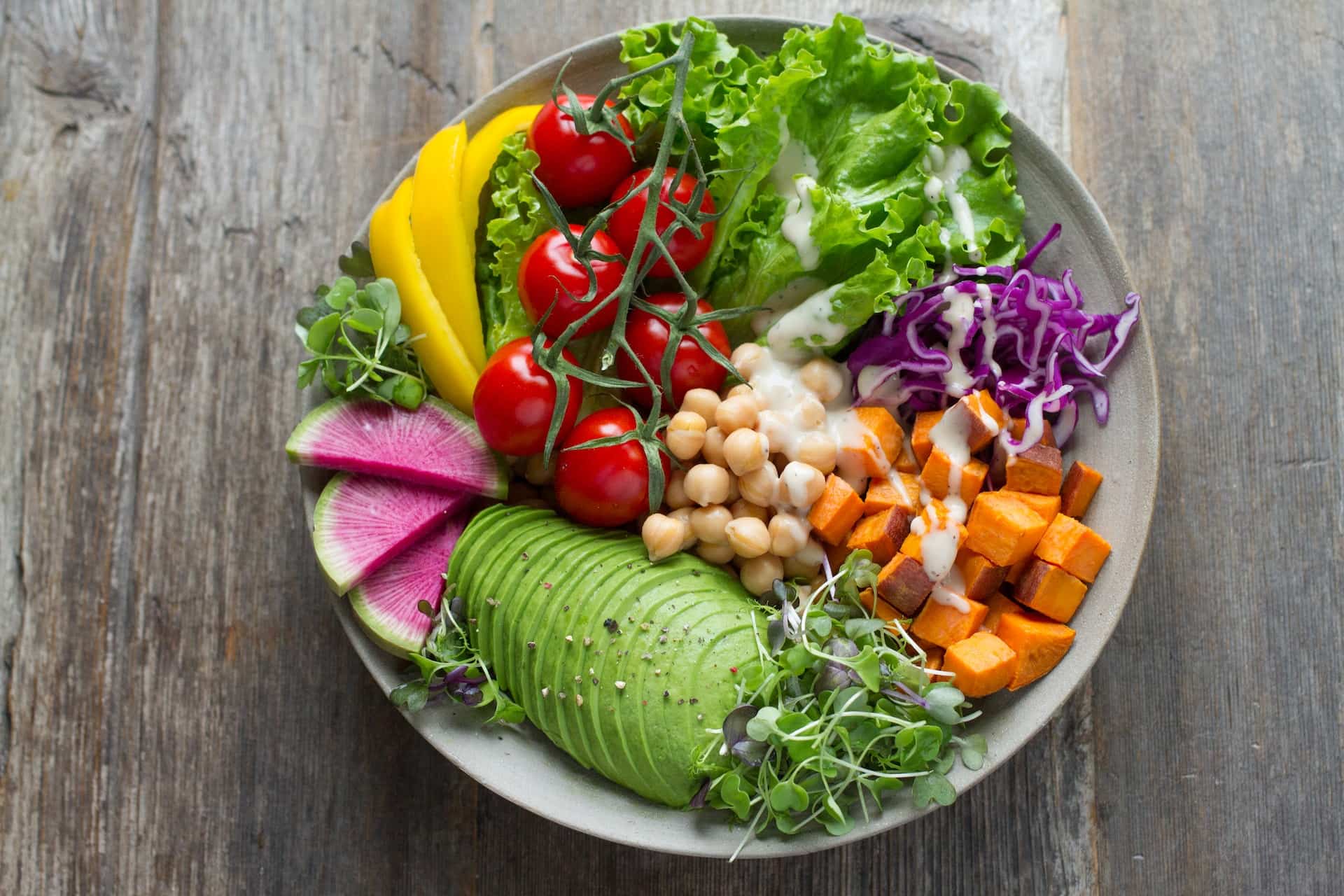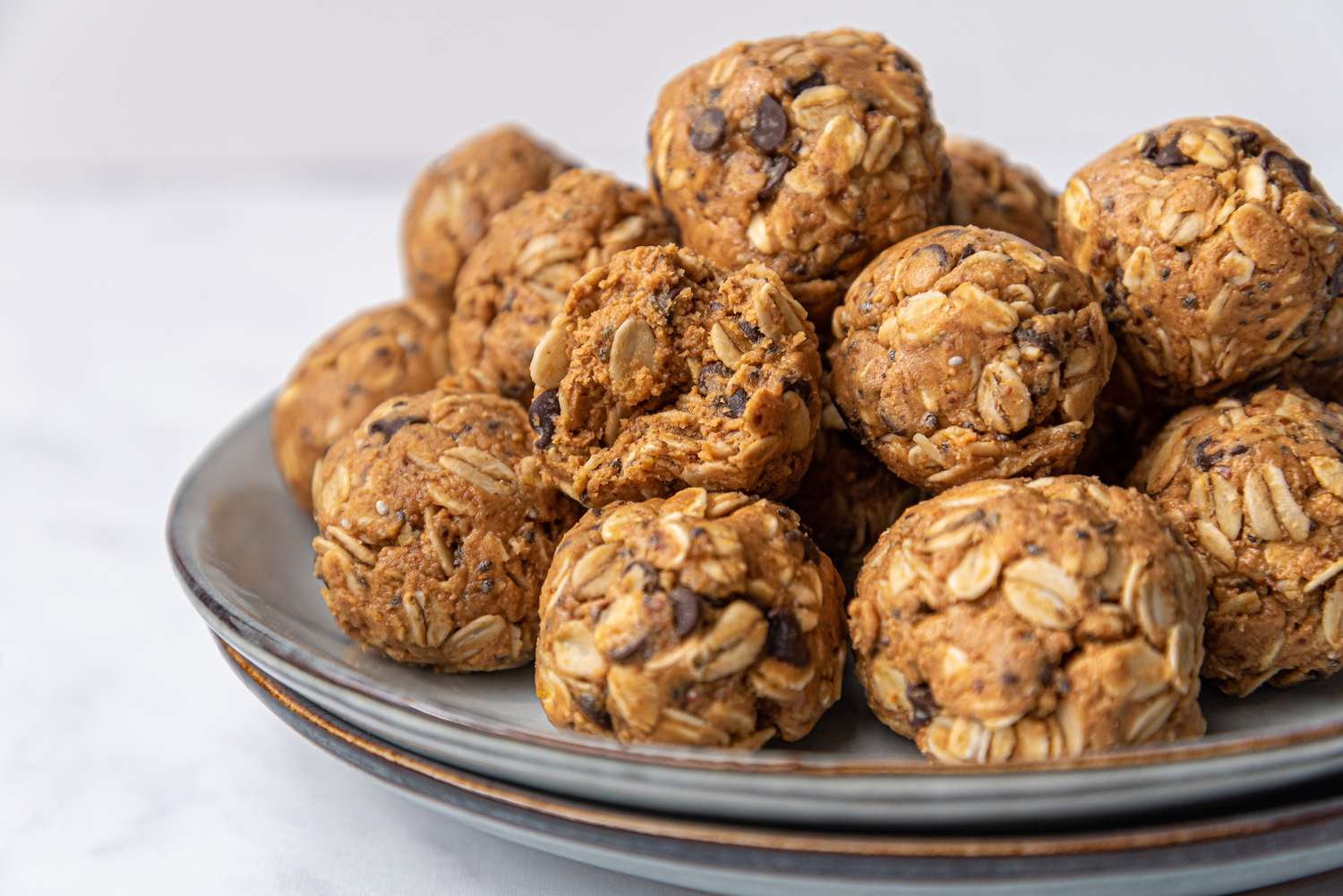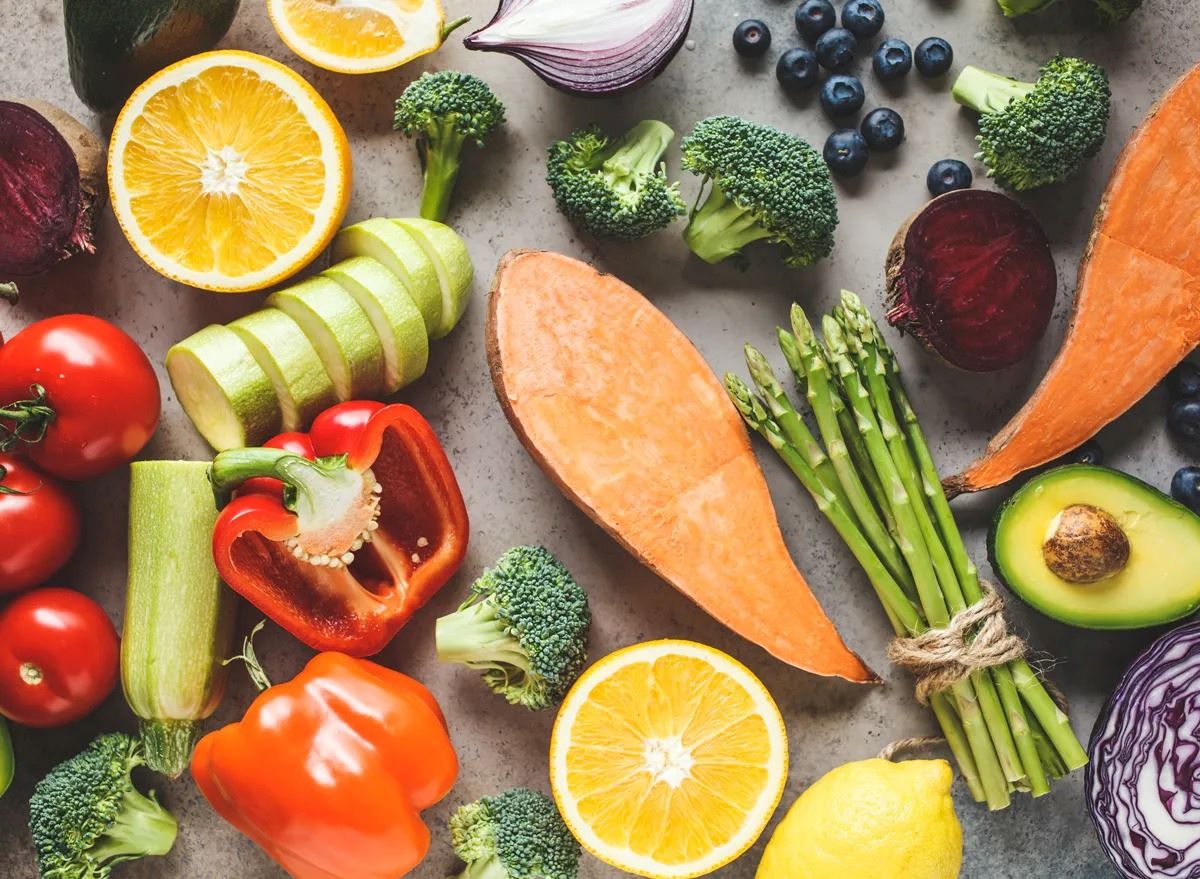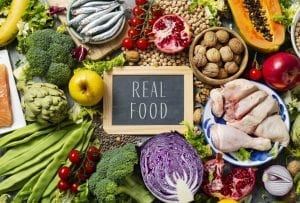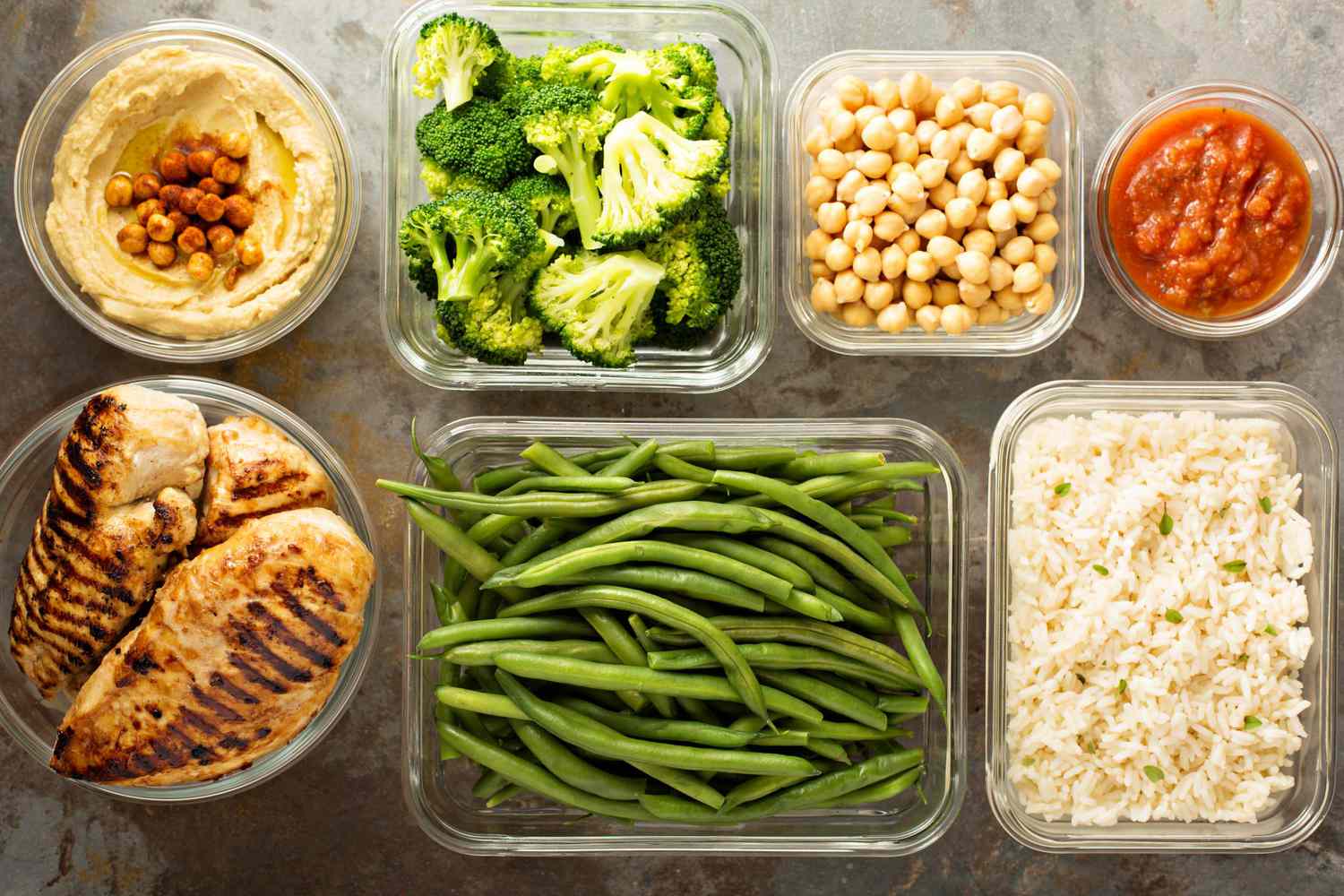How to Lose Weight with a Vegetarian Diet
Are you looking to shed some extra pounds while following a vegetarian diet? With the right approach, it’s absolutely possible to reach your weight loss goals while enjoying a variety of delicious and nutritious vegetarian foods. Here are some tips on how to eat vegetarian to lose weight:
Focus on Whole Foods
When following a vegetarian diet for weight loss, it’s important to prioritize whole, unprocessed foods. This includes plenty of fruits, vegetables, whole grains, legumes, nuts, and seeds. These foods are not only rich in essential nutrients, but they also tend to be lower in calories and higher in fiber, which can help you feel full and satisfied.
Include Plenty of Protein
Protein is an essential nutrient for weight loss, as it helps to promote feelings of fullness and supports muscle maintenance. As a vegetarian, you can get your protein from sources such as tofu, tempeh, lentils, chickpeas, quinoa, and Greek yogurt. Including a source of protein in each meal can help you stay satisfied and prevent overeating.
Watch Your Portions
While vegetarian foods can be incredibly nutritious, it’s still important to be mindful of portion sizes, especially if weight loss is your goal. Be mindful of portion sizes and try to avoid going back for seconds unless you’re truly hungry. Using smaller plates and bowls can also help you control your portions without feeling deprived.
Limit Processed Foods and Added Sugars
Many vegetarian convenience foods and snacks can be high in added sugars, unhealthy fats, and calories. To support weight loss, it’s best to limit your intake of processed vegetarian foods such as veggie burgers, frozen meals, and packaged snacks. Instead, focus on whole, nutrient-dense foods that will nourish your body and support your weight loss goals.
Stay Hydrated
Drinking plenty of water throughout the day can help support your weight loss efforts. Sometimes, feelings of hunger can actually be a sign of dehydration, so staying well-hydrated can help you differentiate between true hunger and thirst. Additionally, choosing water over sugary beverages can help you save on unnecessary calories.
Be Mindful of Healthy Fats
While it’s important to be mindful of your fat intake, including healthy fats in your vegetarian diet can actually support weight loss. Sources of healthy fats include avocados, nuts, seeds, and olive oil. These fats can help you feel satisfied and can also support nutrient absorption. Just be sure to enjoy them in moderation, as they are calorie-dense.
Plan Your Meals
Planning your meals and snacks in advance can help you make healthier choices and avoid reaching for less nutritious options when hunger strikes. Consider meal prepping on the weekends to have healthy, portion-controlled meals ready to enjoy throughout the week. Having a plan in place can help you stay on track with your weight loss goals.
Get Moving
While diet plays a significant role in weight loss, incorporating regular physical activity is also important for overall health and well-being. Find activities that you enjoy, whether it’s yoga, hiking, dancing, or cycling, and aim to be active most days of the week. Remember, every little bit of movement adds up and contributes to your overall calorie expenditure.
By following these tips and making mindful choices, you can absolutely lose weight while following a vegetarian diet. Remember to be patient with yourself and celebrate your progress along the way. With a balanced approach to eating and lifestyle habits, you can achieve your weight loss goals and enjoy the many benefits of a vegetarian diet.
